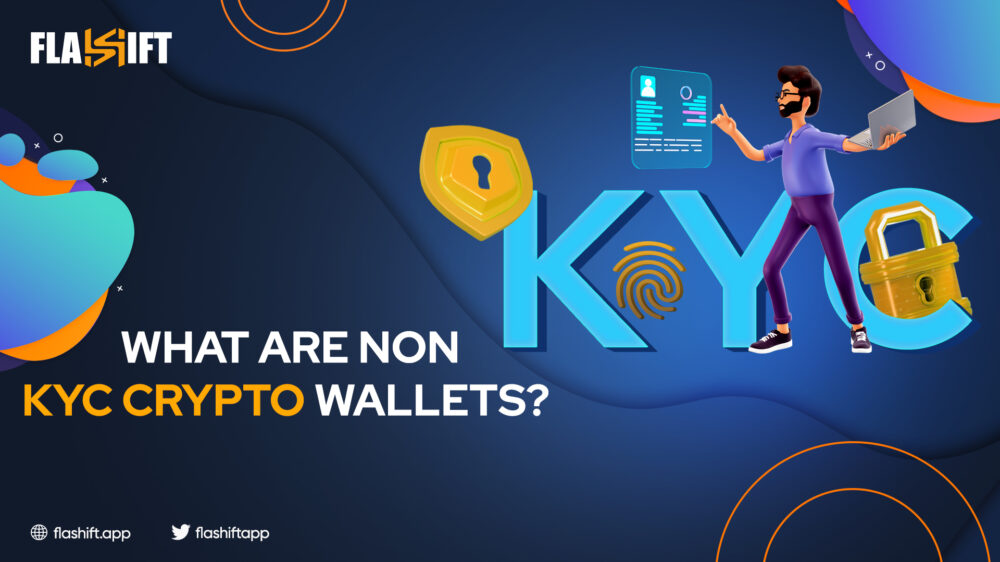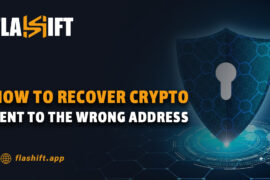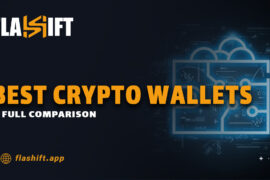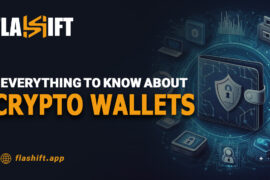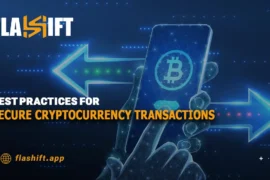(Non KYC) KYC is an abbreviation for “Know Your Client.” This is a set of norms and laws that allow financial organizations to verify the identification of their customers. KYC laws were initially enacted to combat laundering funds and terrorist activity.
For a variety of reasons, cryptocurrency investors choose non KYC exchanges.
- Freedom of anonymity: The necessity of anonymity and confidentiality have always been fundamental principles of the bitcoin system.
- Non-KYC platforms frequently have the ability to offer newer coins which are not yet accessible through exchanges that are regulated.
- Don’t wish to seek for approval: It may take some time to validate your identity. Non KYC exchanges frequently provide traders with immediate access to trading.
Even if the exchange doesn’t demand KYC, you must still record any revenue made by your crypto investments on your taxes. Understand that tax avoidance is a serious crime with serious ramifications. The highest possible penalty for tax evasion is a maximum of five years in imprisonment and a $100,000 fine.
Furthermore, failing to record payments from non KYC exchanges can pose problems if you utilize numerous wallets.
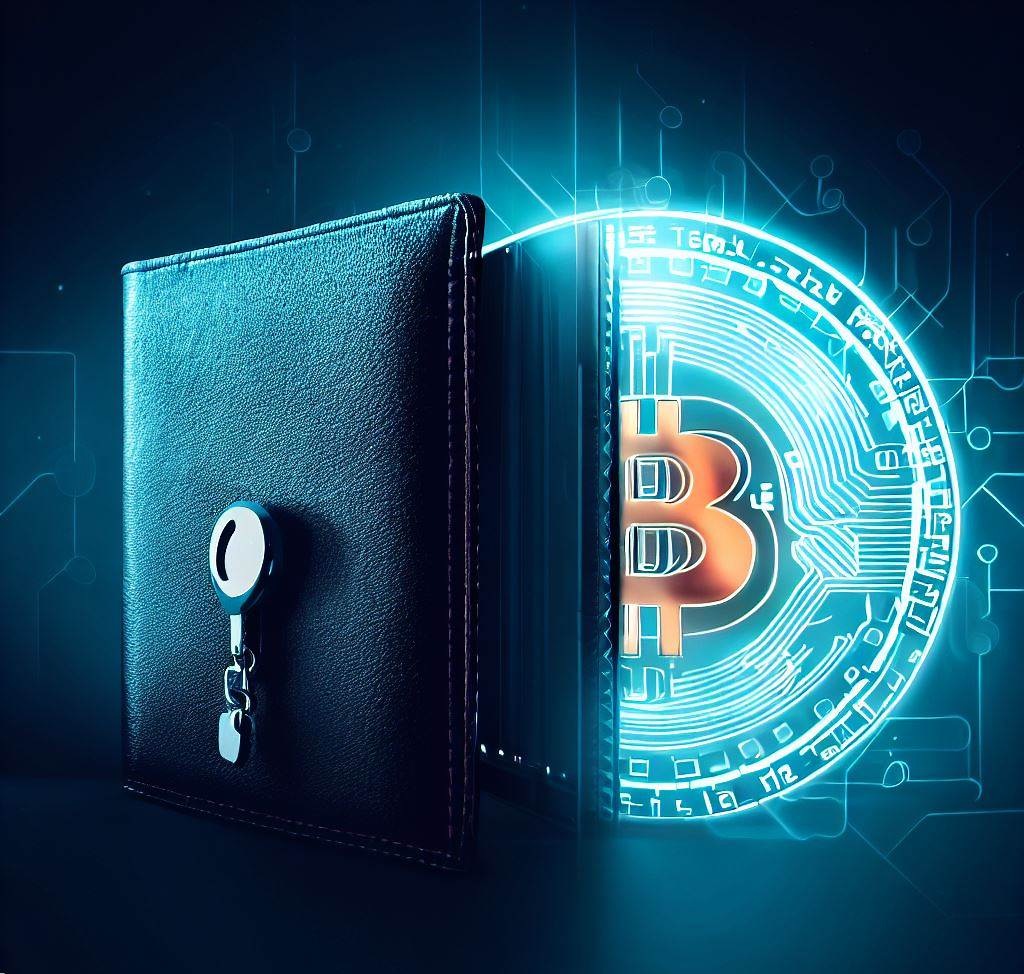
One of the primary explanations people utilize non KYC digital currency exchanges is to maintain their anonymity. Users must give private data such as their full name, residence, and ID card during KYC trades. This data is saved on the exchange’s servers, putting users at possibility of personal data thefts. Non KYC exchanges do not require this data, which gives users an extra layer of privacy.
stocks vs Cryptocurrencies; what’s the difference?
Despite non KYC digital currency exchanges provide advantages, they also pose concerns. Non-KYC trades are frequently targeted by hackers and fraudsters since they do not require identification confirmation. As a result, users may lose funds or become victims of schemes that are fraudulent. As a result, while selecting a non KYC exchange, consumers must carefully examine a number of variables, including the exchange’s reliability, privacy and customer services.
P2P communication, or peer-to-peer trade, is one of the oldest and most dependable methods of purchasing cryptocurrency without requiring KYC. After all, these online platforms basically link buyers with sellers without intervening with their financial transactions.
Peer to peer (P platforms, on the other hand, have several drawbacks, including lesser liquidity and longer execution of transactions times. Always verify a seller’s feedback before contacting them. Please be aware that certain individuals may have phony reviews. In-person cash payments are usually the most dependable payment method. Payments to banks are a further common method to pay for P2P orders.
Top non KYC crypto wallets
- KuCoin
KuCoin is a regulated marketplace based in Singapore. It enables customers to make transactions on over 370 coins, one of the most diverse selections available on cryptocurrency exchanges. This contains its native coin (KCS), which minimizes fees and earns incentives.
How to exchange cryptocurrencies?
- CoinEx
CoinEx is a no-KYC exchange that allows immediate and margin trades, in addition to trade on everlasting agreements. The site offers a plethora of cryptocurrencies and coins, including its own CET coin. Employing this kind of coin when trading has benefits in terms of fees for commissions. When using CoinEx, there are appealing fee tiers available for customers with high trading volumes.

- BlockDX
Block DX bills itself as ” the planet’s largest decentralized exchange,” and it’s difficult to argue with that. Why?
Most exchanges that purport to be independent, however, have a few of their elements controlled. However, for any system to be a genuinely ‘trustless’ DEX, four of its parts must be decentralized. Block DX employs a unique protocol to decentralize the four important elements: money storage, demand books, transaction pairing, and resolution. It’s true decentralization at work.
- HODL HODL
HODL HODL enables customers to make purchases among each other and does not keep user cash, rather locking them in multisig lockup. This minimizes the potential of thievery and trade time, each of which are really cool aspects.
Because the system does not retain funds, it is not subject to intricate compliance requirements. This enables transactions to take place immediately between users’ wallets without requiring them to input personal information.


